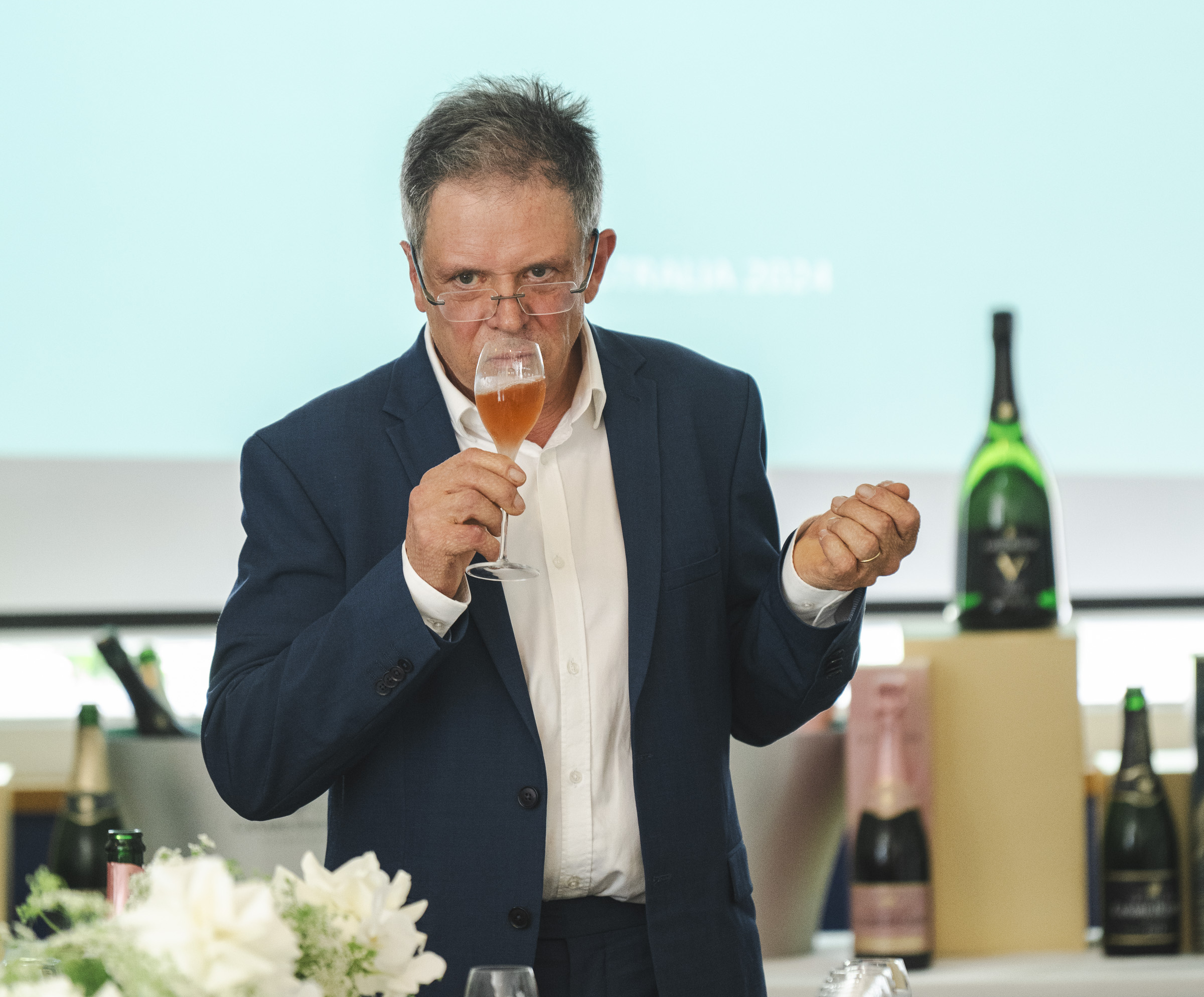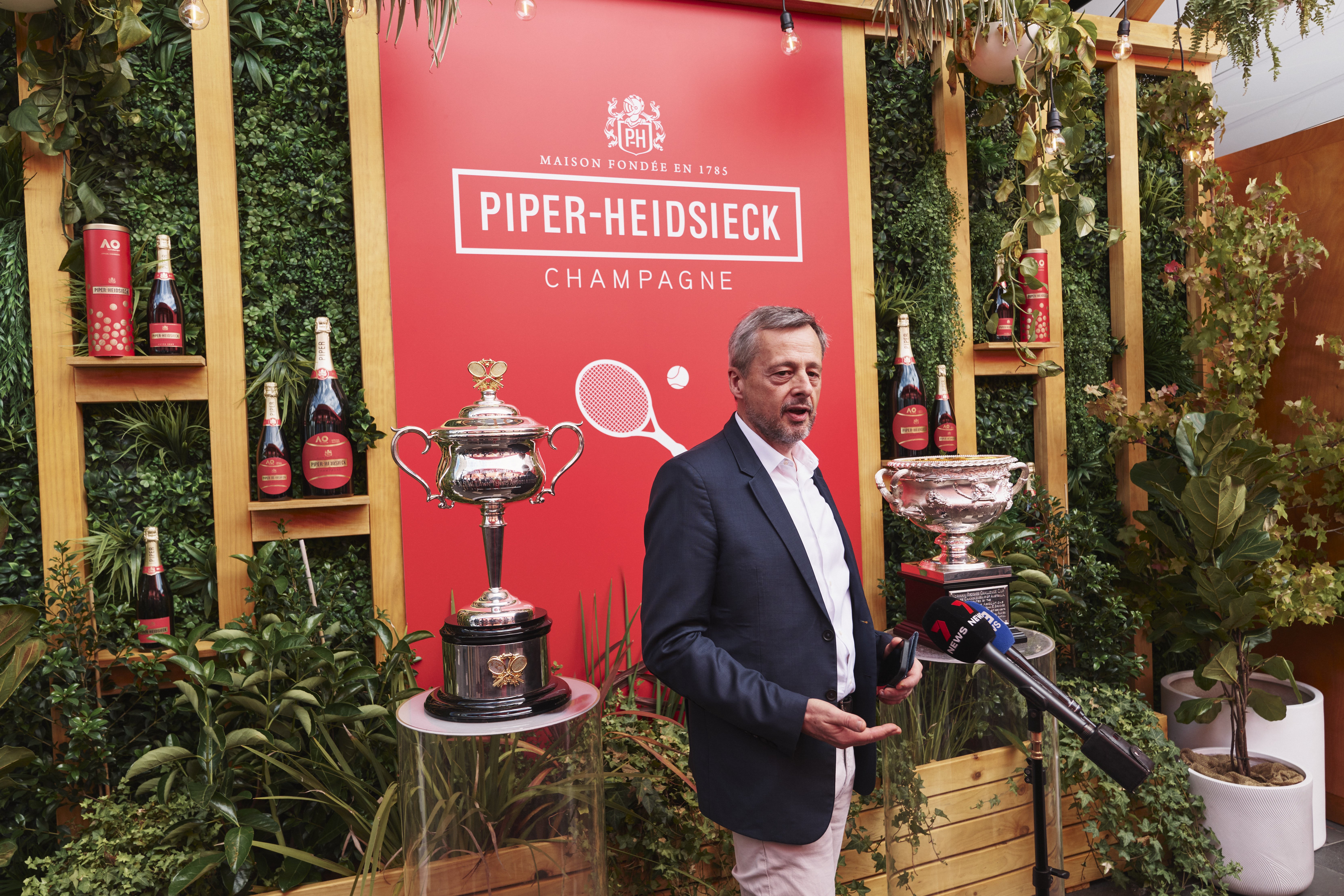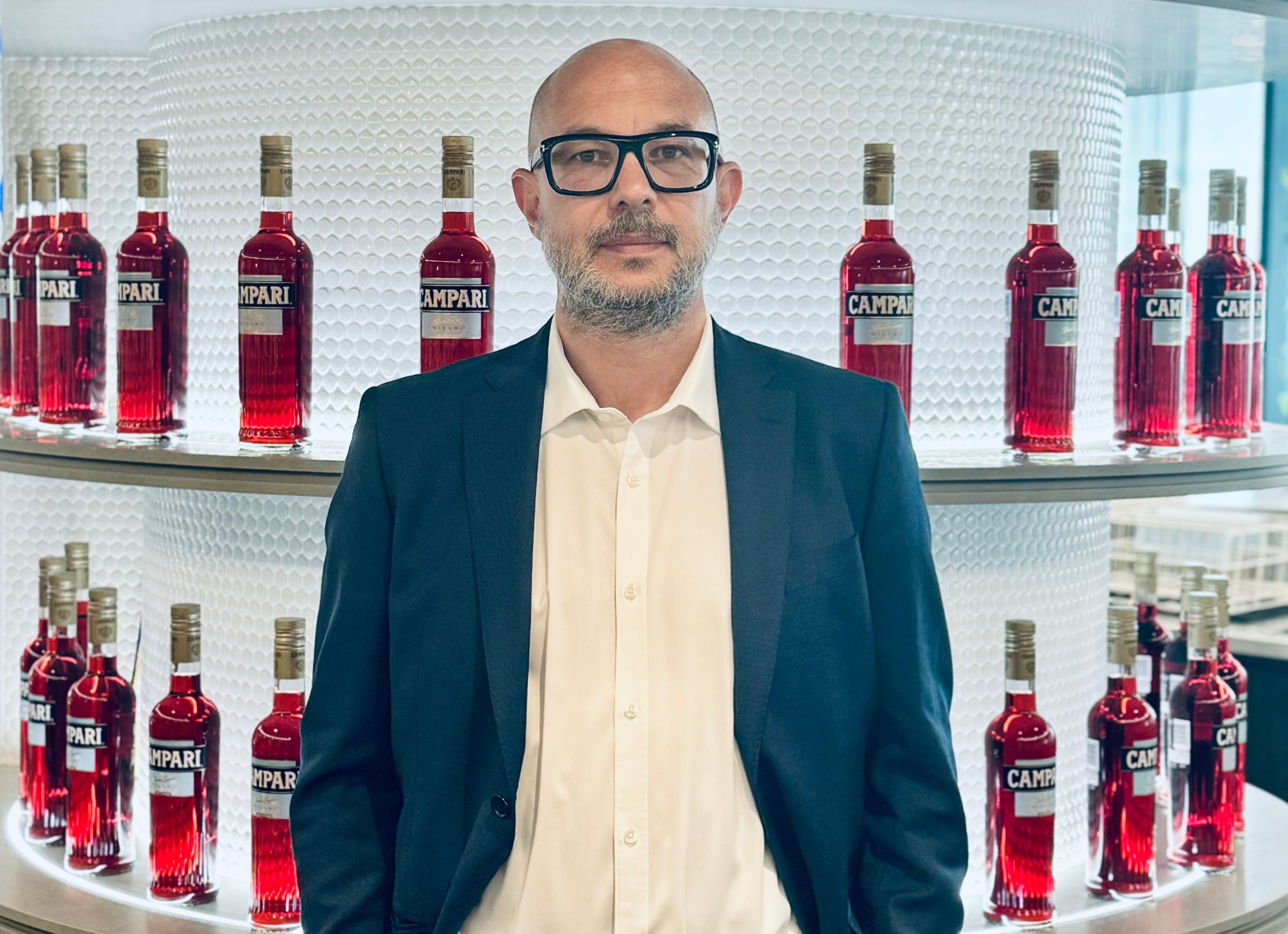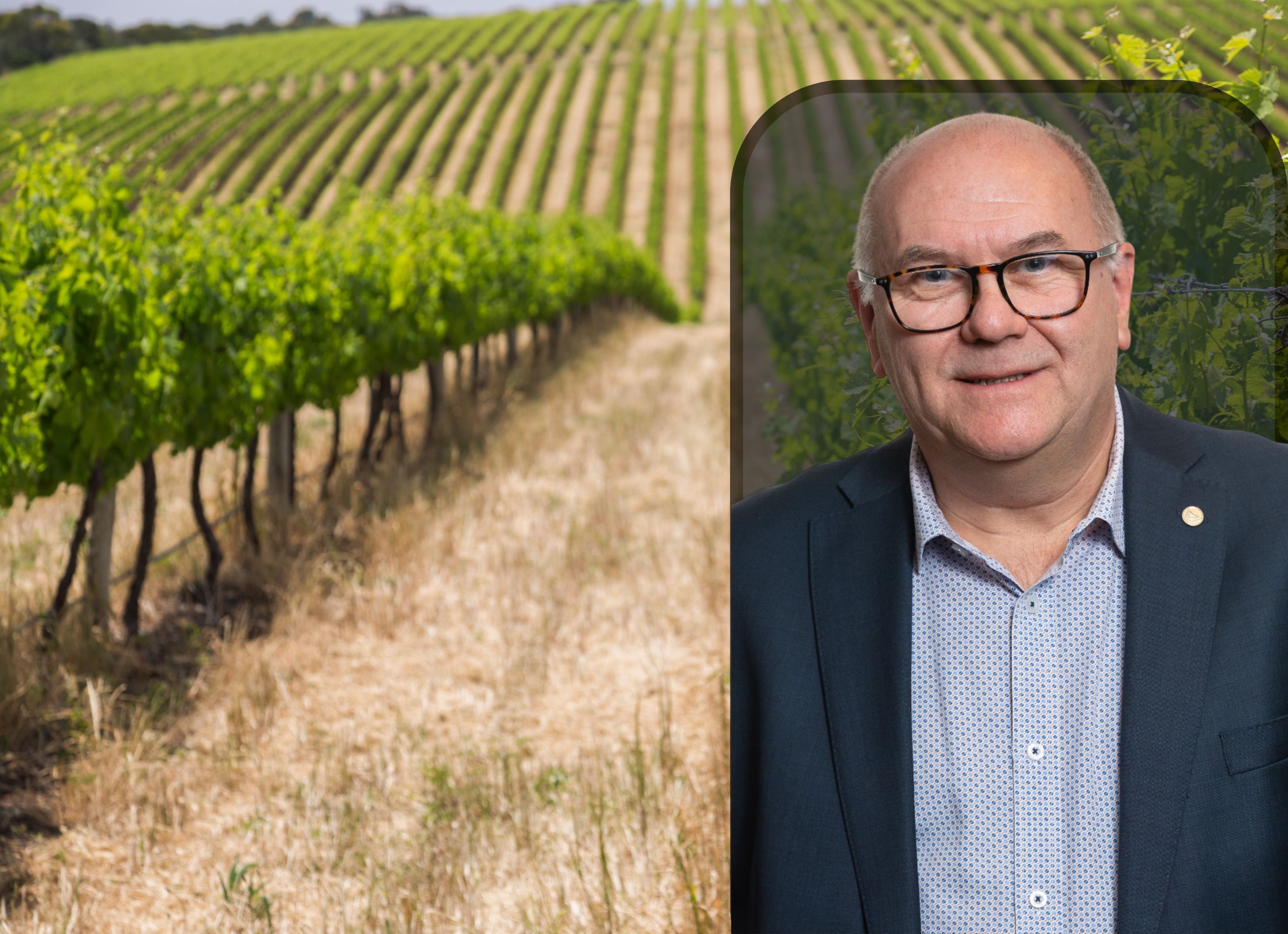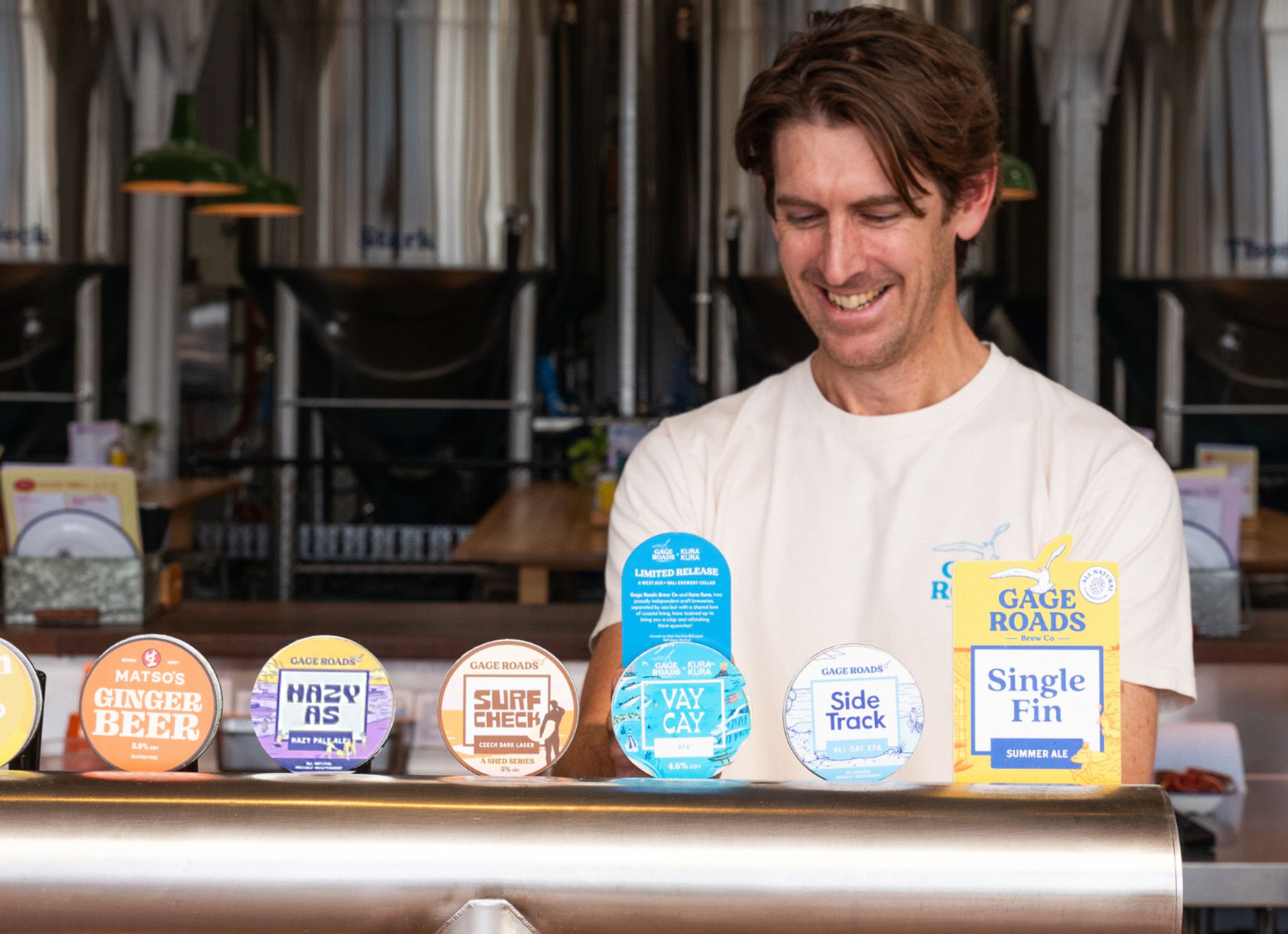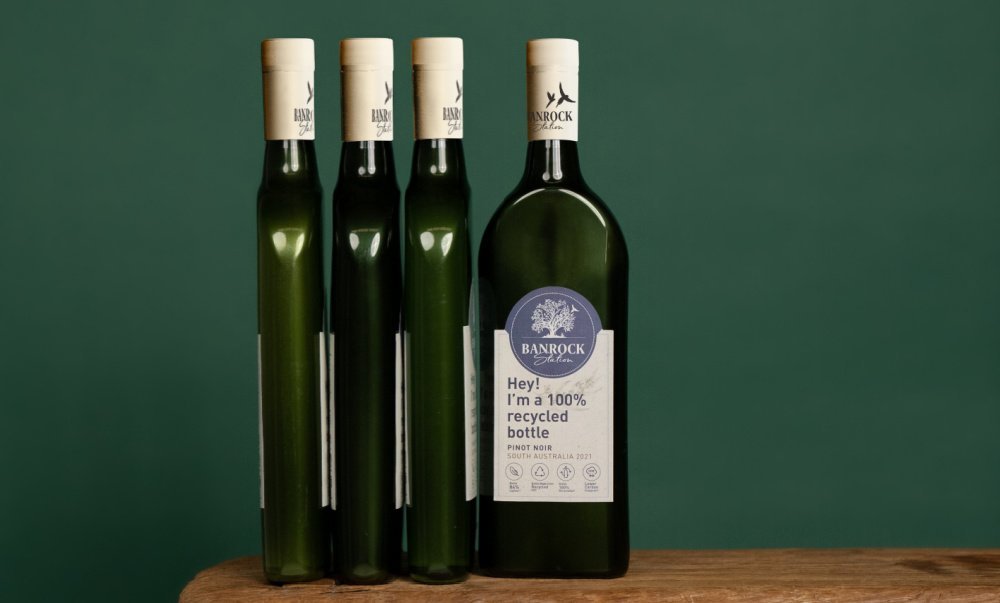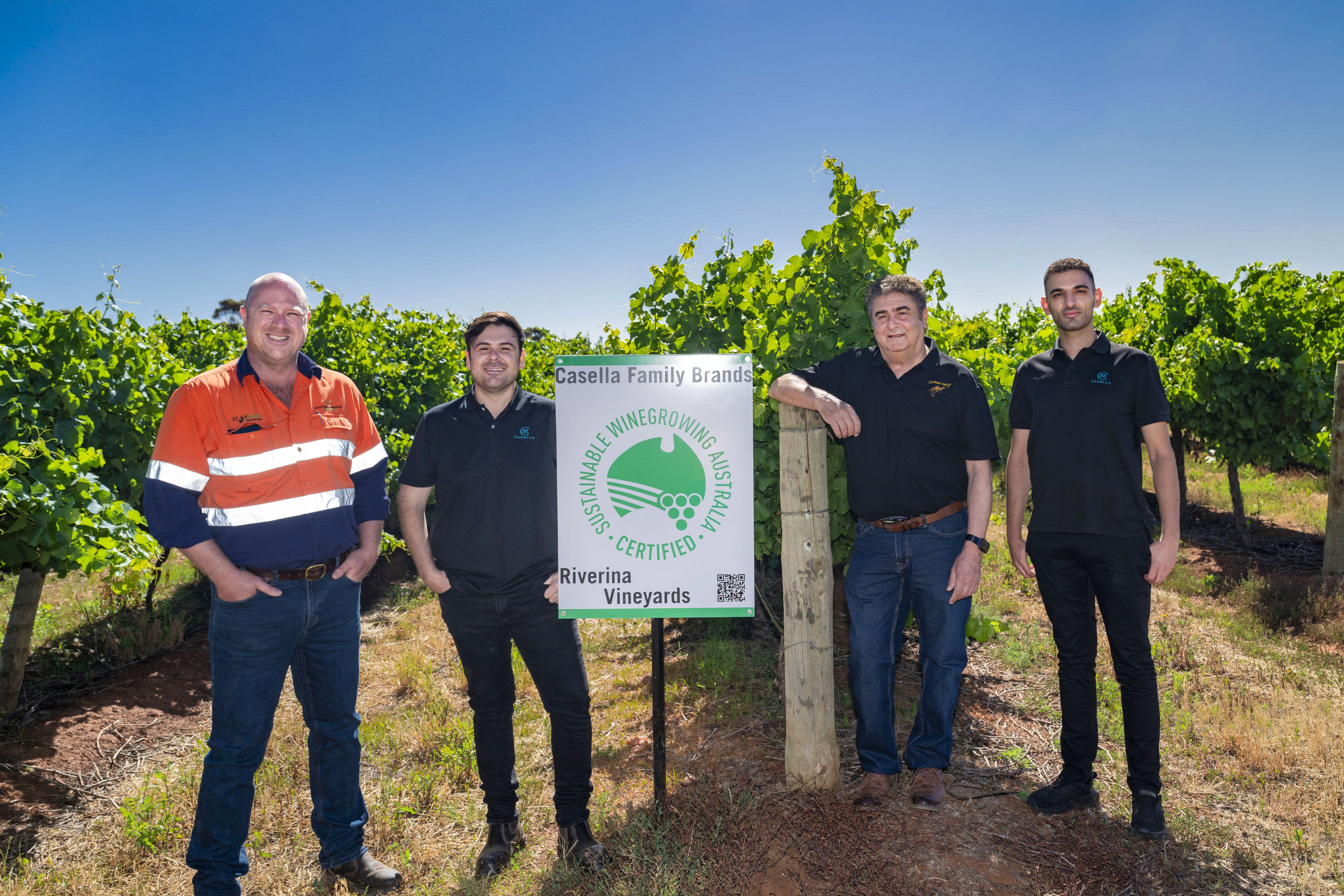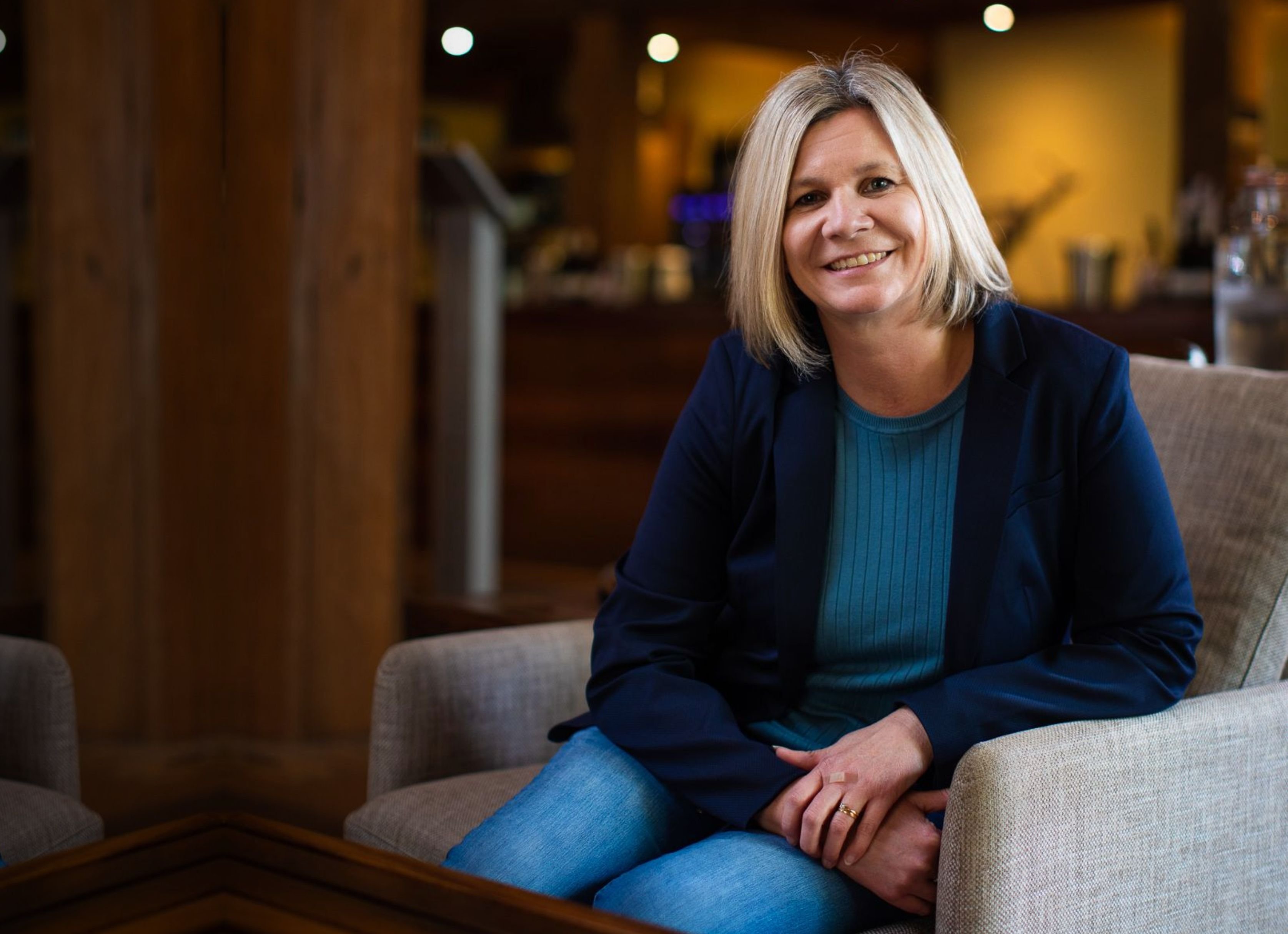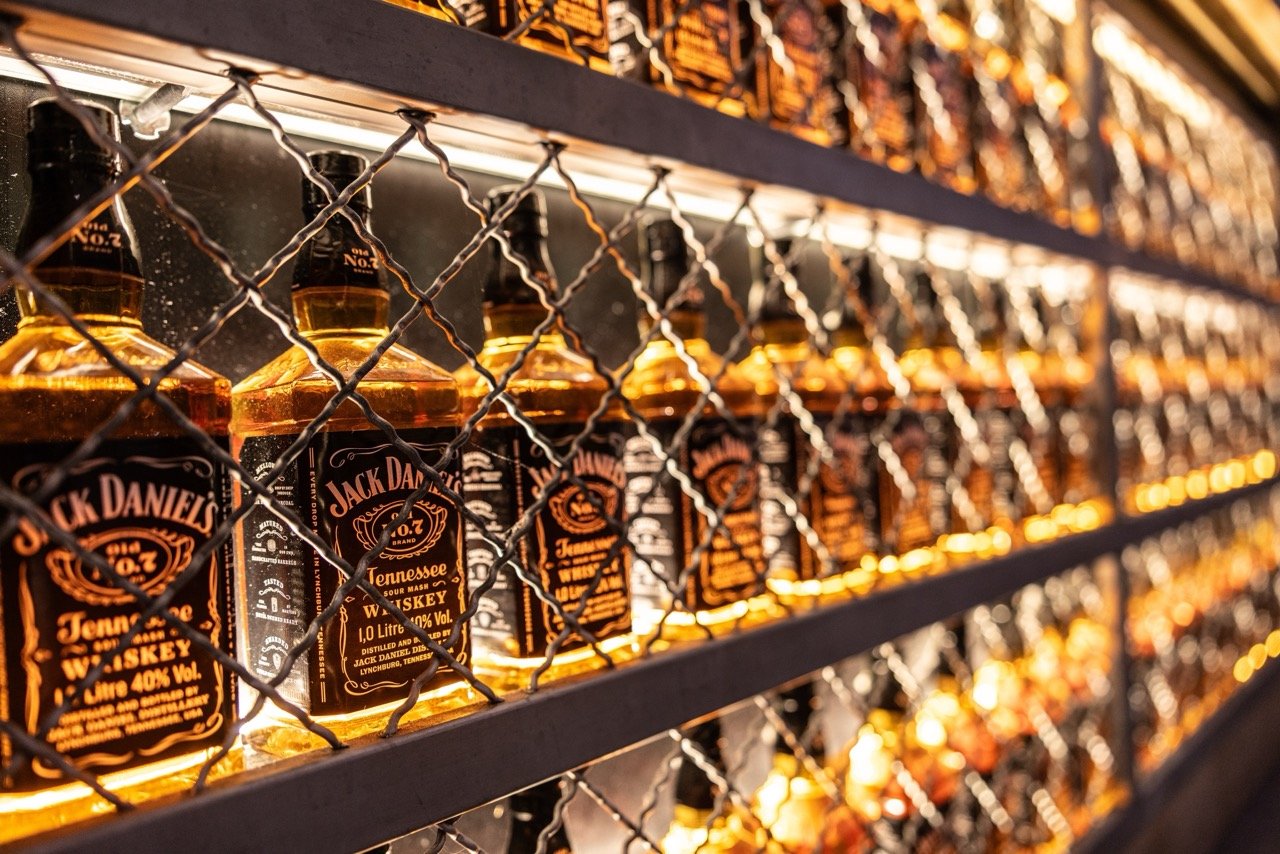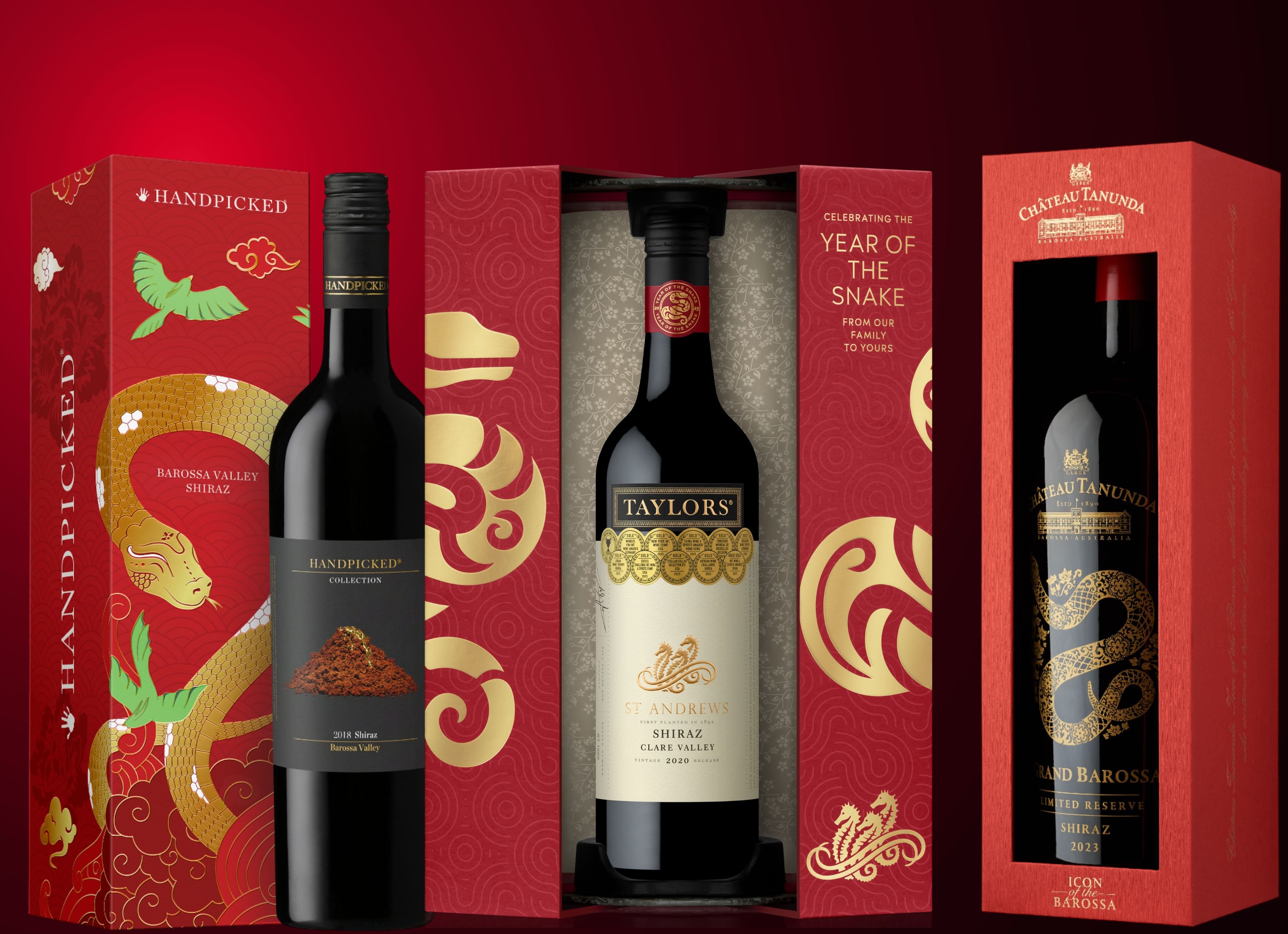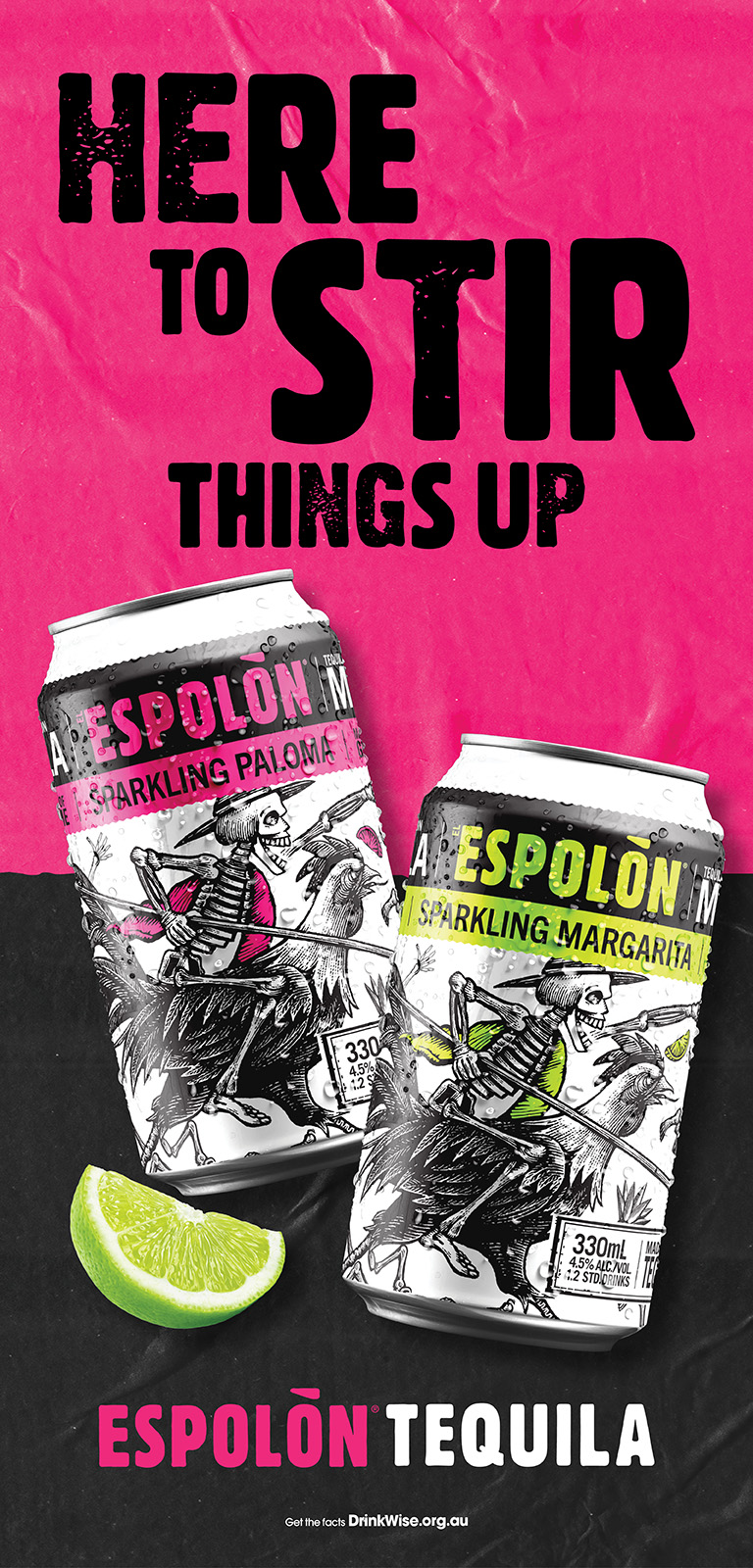While LVMH brands Moët & Chandon and Veuve Clicquot remain confidently at the top of global Champagne consumption, the top two performing brands within France are actually Nicolas Feuillatte and Canard Duchêne.
Distributed in Australia by Emperor Champagne, Nicolas Feullatte has maintained its status as the number one Champagne in France for at least the past 10 years following steady growth over the last three decades.
Following this is Canard Duchêne, which is owned by Arvitis Thiénot Family & Estates and currently exclusive to Coles Liquor in Australia. Canard Duchêne has been on a rapid growth trajectory over recent years, rising up from being the fifth most popular in 2020.
Laurent Fédou, who was appointed Chef de Caves 21 years ago when Arvitis acquired Canard Duchêne from Moët Hennessy, has perhaps contributed to this growth more than any other.
Drinks Trade caught up with Laurent during a brief visit to Australia shortly after he announced his upcoming retirement.
Drinks Trade: First, can you introduce yourself and what you’ve achieved over your career?
Laurent Fédou: Well, my name is Laurent Fédou. I'm the Cellar Master of the Champagne Canard Duchêne. I’ve been the cellar master of Canard Duchêne for 21 years, and I've been working in Champagne in the group Thiénot, the owner of Canard Duchêne, for 40 years.
I also made the red wine and Bordeaux wine for Alain Thiénot for 25 years, and also a sparkling wine in Chile for the same company. Now, I'm retiring in a few weeks after all this time and the young lady Cynthia [Fossier] will be named the next Chef de Caves at the beginning of January. She will be the second woman cellar master. The first one was Léonie Duchêne, the founder of the company in 1868.
I worked with Cynthia for six years and we are very close. We have the same opinion in wine and I'm sure she will continue the job making Canard Duchêne in the same style but with her own personality. I'm very confident of her.
DT: How much has the Champagne category and/or region changed over your 40 years?
LF: The climate is changing. We have global warming in Champagne (like everywhere). Since 10 years ago, we’ve made a lot of experiments to adapt the freshness and to be sure we have the same freshness in Champagne wines, but for the moment, with global warming, the Champagne has never been so good. The grapes are more ripe, more rich, [and] we are focused on the quality of the grapes. I think 20 years ago, we were more focused on the health of the grapes than the quality of the grapes.
So, for the moment, it's a good thing for the wine of Champagne. And we are making a lot of experiments to be sure we can maintain the quality.
DT: What do these experiments involve and what are you changing?
LF: It's very technical, but we make the malolactic fermentation on the grapes to bring down the acidity of the grapes. Usually, 20 years ago, we made the malolactic fermentation on all the wines. Now, we don't make the malolactic fermentation on all the wines, to keep the acidity and the freshness in the wine and in the juice. That's very new and beneficial for the quality of the Champagne.
DT: In your opinion, what separates Champagne from other leading sparkling wines such as Arras in a blind tasting?
LF: Hard question… but there is something specific of the freshness and the chalky ground in Champagne, really.
Champagne comes only from Champagne. That's a specific ground, that's a specific climate. You can make beautiful sparkling wine in many countries, but they are not Champagne. Champagne is only from Champagne.
DT: How much has Canard Duchêne evolved over your 21 years as Chef de Caves?
LF: When Alain Thiénot bought Canard Duchêne, we [would] only sell two million bottles [annually], and the wines were not my style. And I said to Alain Thiénot, why do you buy this? [and he said], because it's a very well-known brand in France.
In 2003, they sold two million bottles, and Alain Thiénot said to me, now, I want to be proud to drink some bottles of Canard Duchêne at home in a few years. That's your job, Laurent.
We did the job, and now we sell four million bottles in more than 65 countries all over the world.
DT: How important is the Australian market to Canard Duchêne?
We have a big partnership with Coles and Liquorland. They are the exclusive [distributor] of Canard Duchêne in Australia, and they really do a good job. They explain to the consumer the quality of the wine and the philosophy of our brand. That's a very beautiful partnership.
DT: Lastly, you’re about to officially retire from winemaking after a long (and impressive) career… How do you feel and what do you plan to do next?
LF: I feel something strange, sure, but that's my choice. I will have more time with my family, more time with my friends, practise more sports when I'm healthy, and always making wine with friends and consulting in sparkling wine also. But less pressure, more healthy, and [more] enjoy[able] time.
//
Building a strong Champagne program, with Director of the Champagne Bureau Australia
Share the content
